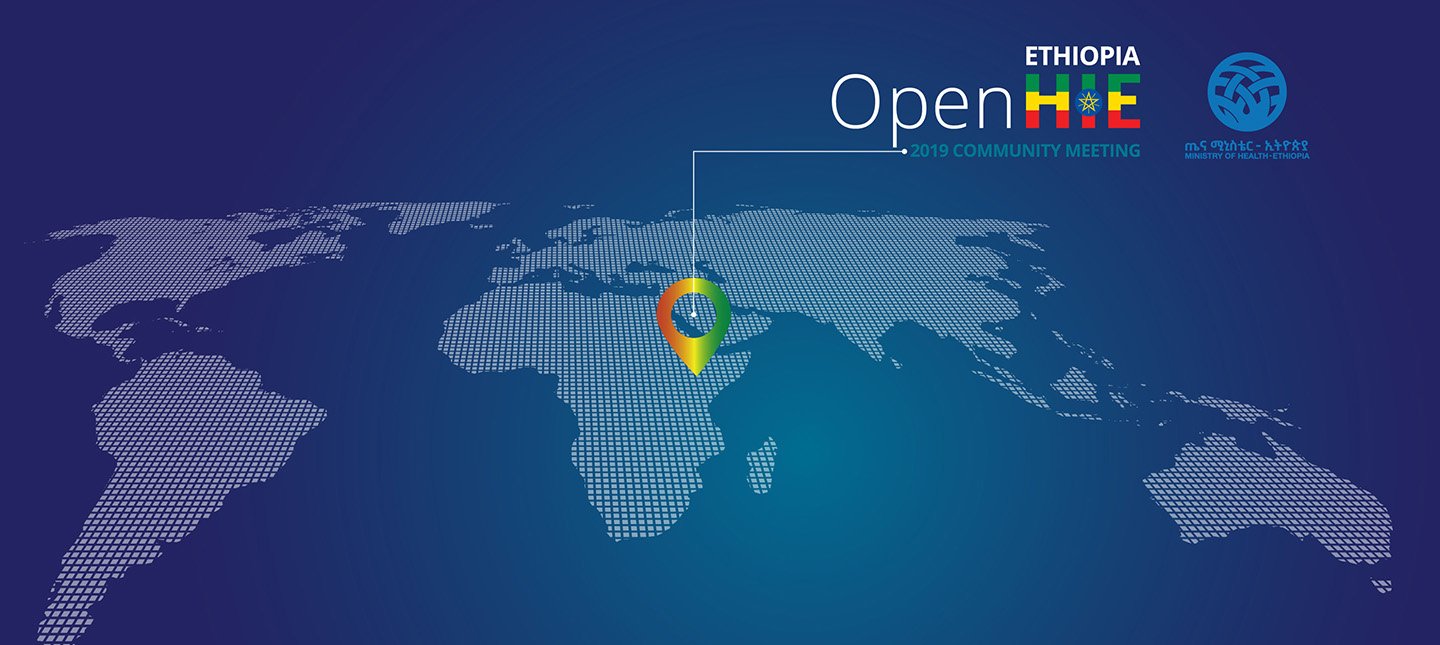Indianapolis-based delegation to attend OpenHIE community meeting in Ethiopia
Research scientists from Regenstrief Institute will join 200 to 300 other participants from around the globe when the OpenHIE community meets in Addis Ababa, Ethiopia November 4-8.
The OpenHIE, short for Open Health Information Exchange, community is a global, mission-driven collective dedicated to improving the health of the underserved through open, collaborative development of implementation tools and to supporting country-driven, large scale health information exchange.
“As a founding partner organization and the secretariat for the OpenHIE community, we couldn’t be prouder to witness the community’s growth over the past couple of years,” said Peter Embí, M.D., M.S., president and chief executive officer of Regenstrief Institute. “It’s very exciting to see countries like Ethiopia, and others around the globe, join us in planning for health data sharing architectures that will be transformative for so many.”
Attending the meeting from the Regenstrief Institute will be Research Scientists Paul Biondich, M.D., Theresa Cullen, M.D., Shaun Grannis, M.D. and Brian Dixon, Ph.D.; Senior Integration Architect Jennifer Shivers, MFA; Community Manager Jamie Thomas, B.A.; Business Analyst Joseph Amlung, MPH; and Digital Content Specialist Phil Lofton, MPH.
Other attendees at the meeting, which the OpenHIE community is hosting in partnership with the Ethiopian Ministry of Health, will include representatives of the ministries of health and other government organizations of African countries including Ethiopia, Tanzania and Uganda; the World Health Organization (WHO); U.S. Centers for Disease Control and Prevention (CDC); U.S. President’s Emergency Plan for AIDS Relief (PEPFAR); and other stakeholders and various groups that provide technical services.
“At the end of the day, large scale health data sharing is much more about people and building partnerships, trust and consensus than it is about technology,” said Regenstrief Institute research scientist Paul Biondich, M.D., M.S., who directs the institute’s Global Health Informatics Program. “Community models that are based within the environments we serve and where we learn from each other are the only real way to effect sustainable change. That makes this event so fundamental to OpenHIE’s core mission.”
Health information systems typically operate independently. The result is disaggregated information stored in different locations and formats, making it impossible for data to be integrated and for healthcare personnel to share knowledge, collaborate in care, and truly understand the full breadth of an individual’s health history. OpenHIE is driven by the concept of solving the problems of secure data communication and exchange from the ground up, not with fixes imposed from the top.
The OpenHIE community meeting provides an opportunity for government officials, clinicians, information technology architects, integration specialists, process designers, software developers and others to connect and learn from one anothers’ experiences.
In addition to scheduled talks, the meeting agenda includes “unconference” sessions during which OpenHIE community members will offer presentations on topics relevant to their specific health information exchange implementations.
The OpenHIE community was formed in early 2013, evolving from the work that initially began in 2009 to establish the Rwandan Health Information Exchange (RHIE). As the benefits of that approach became apparent, interest gathered from other countries looking to apply similar architectural tactics within their environments. Today, OpenHIE’s approaches, reference technologies, and community processes are being leveraged or explored in multiple countries.











